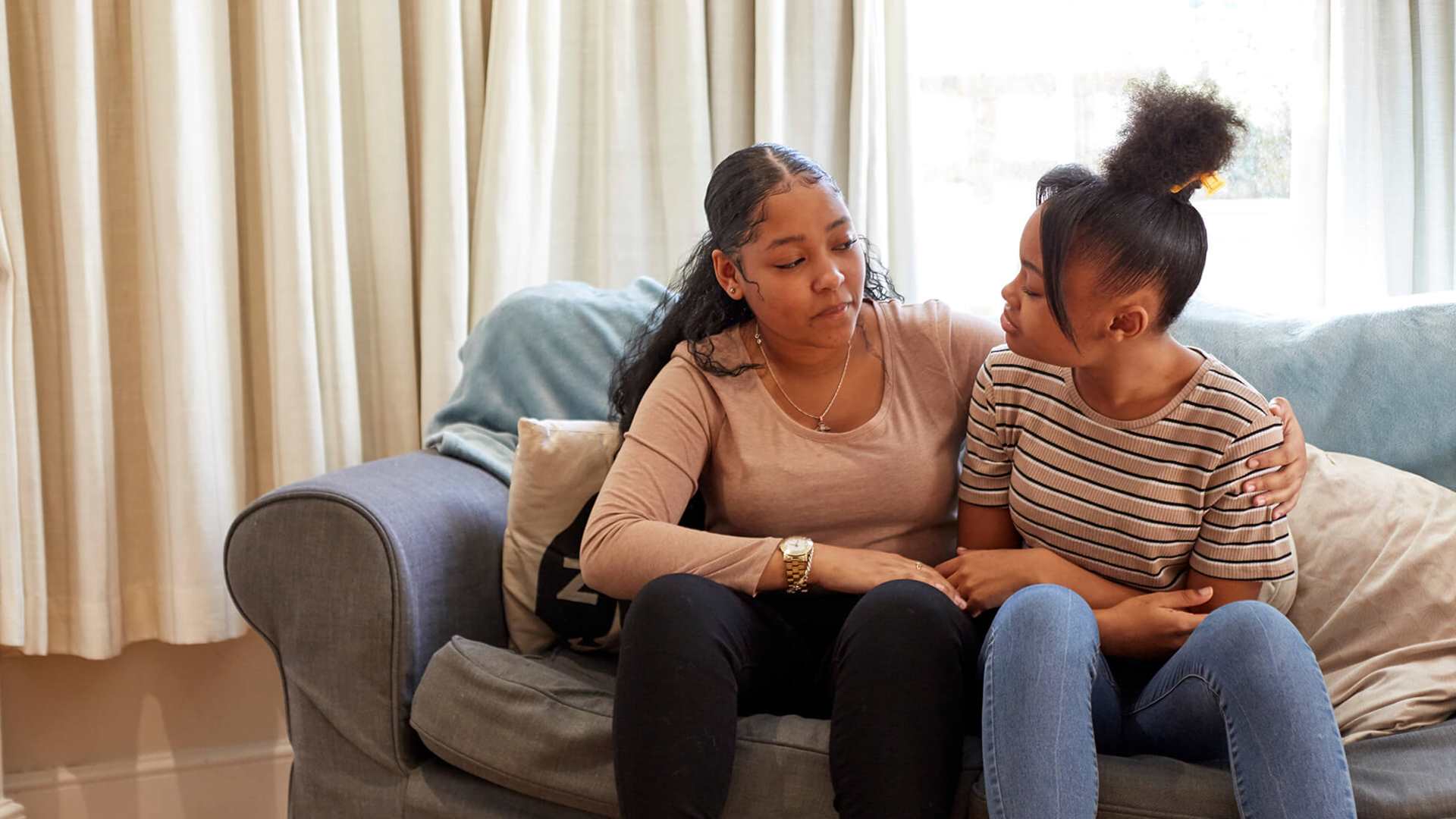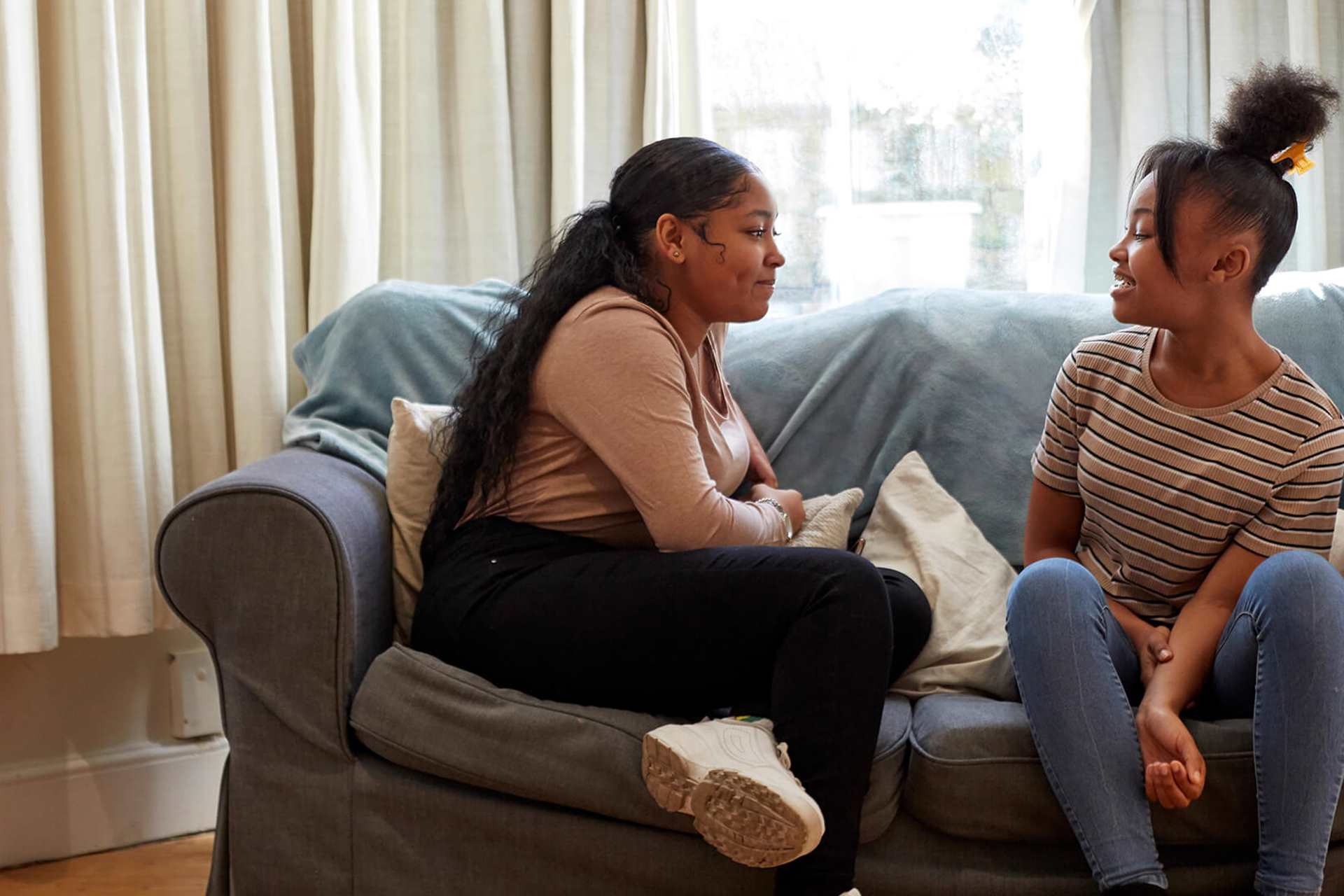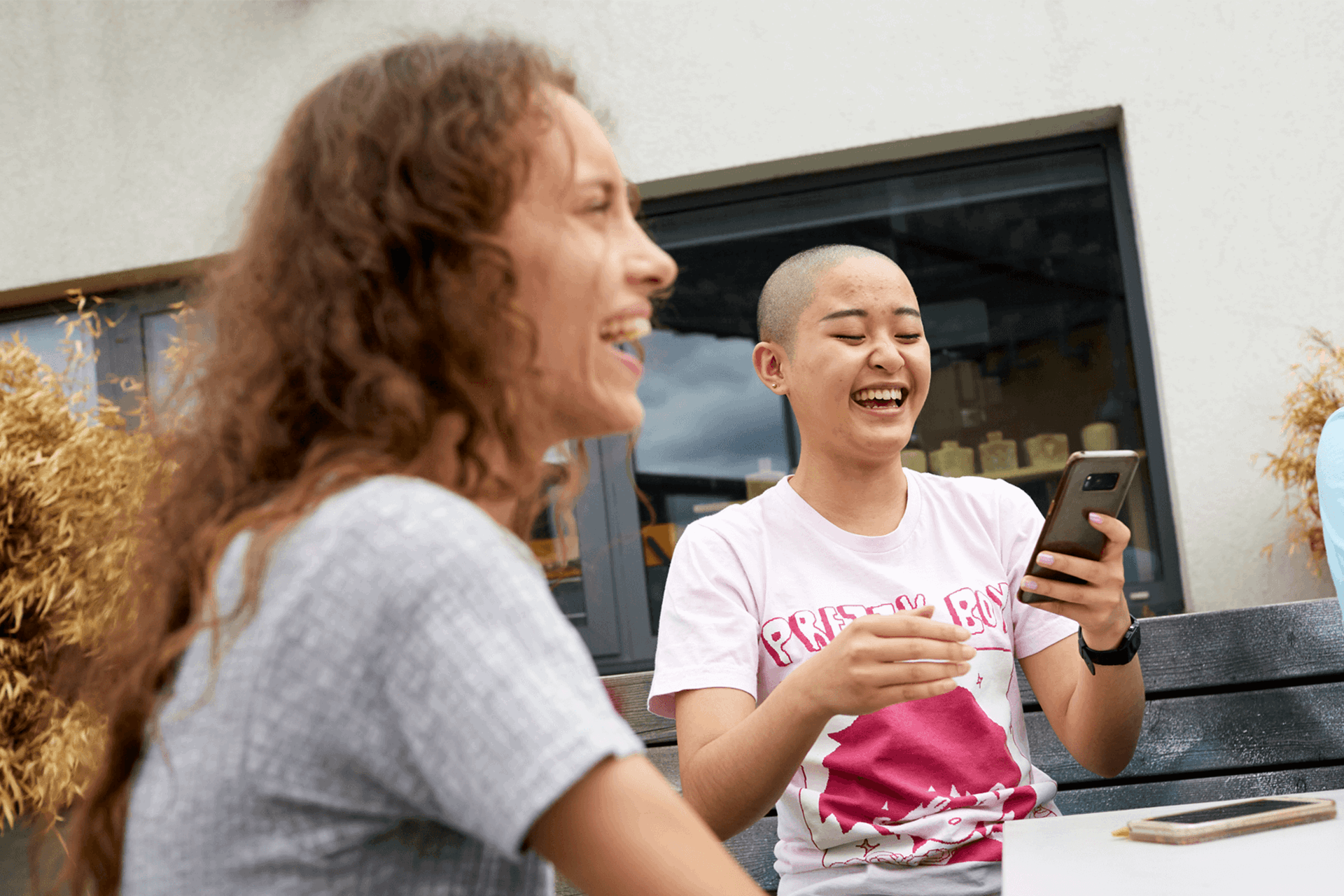Topics mentioned: self-care, reaching out for help, self-esteem
About: Rose shares her experience of polycystic ovary syndrome (PCOS) and mental health, the importance of self-care, and getting the support you deserve at work.
I thought these changes were because of the stress of starting my A Levels, but during lockdown I had time to reflect and understand the toll that my irregular periods were taking on my mental health.
Being a young adult in a bustling work environment is hard enough, but when a diagnosis of polycystic ovary syndrome (PCOS) enters the picture, the struggle intensifies. I still vividly remember receiving my PCOS diagnosis when I was 21 years old while starting a new remote job in the middle of lockdown. It was a whirlwind of emotions and uncertainties that marked the start of my journey with PCOS.
PCOS is a common condition that affects your ovaries. It causes irregular periods, high levels of “male” hormones and can make your ovaries bigger. Added symptoms such as acne, weight gain and fertility issues can make it even more complicated.
Treatment usually includes changes to your lifestyle, medication and fertility support. One thing they’ll also focus on helping you with is insulin resistance, which is what controls your blood sugar levels. There’s currently no cure for PCOS, but health professionals can guide you through ways of dealing with it.
Getting a PCOS diagnosis
For me, it was a lengthy and challenging journey to finally get diagnosed with PCOS. The signs first appeared when I was 16 years old. I was missing my periods for five months or more, with the longest gap stretching to eight months, and I gained weight quickly and in a way I couldn’t control.
At first, I thought these changes were because of the stress of starting my A Levels, but during lockdown I had time to reflect and understand the toll that my irregular periods were taking on my mental health. I used an app to track my periods and weight changes over the years which helped my doctor see a concerning pattern. This paved the way for my diagnosis.
Looking after myself at work
Balancing the demands of life and work alongside the hormonal disruptions of PCOS is a unique challenge. Through trial and error, I’ve developed strategies that help me prioritise self-care and be resilient when facing these challenges. Here are some of my insights and tips.
Always remember, self-care is not selfish - it is essential for your health and happiness.
Dedicate time to activities that are relaxing and rejuvenating for you, whether that’s meditation, yoga, or getting yourself outside and in nature. These practices can reduce stress, improve your mood and wellbeing. Personally, I enjoy going on long walks outdoors.
Pay attention to your energy levels and adjust your schedule accordingly. It's okay to take breaks and rest whenever you need to. Pushing yourself beyond your limits can lead to burnout and worsen PCOS symptoms. By tuning into your energy levels and giving yourself permission to rest, you can better manage PCOS and prevent further health complications.
Find healthy ways to cope with stress, such as staying active, journalling or talking to someone you trust. I find journalling especially helpful for processing emotions and finding clarity during challenging times.
Remember, you're not alone in this journey. Take care of yourself and seek support when needed.
Eating well can help you manage PCOS symptoms and support your overall health and wellbeing. Your GP can you help figure out a routine that works for you and is good for your body, and help stabilise blood sugar levels and improve insulin sensitivity.
Learn to say no to extra commitments and prioritise tasks that are most important to you. By focusing on activities that align with your priorities and values, you can protect your energy and avoid spreading yourself too thin.
Connect with others who understand what you're going through, whether it's through support groups, online forums or talking to a healthcare provider. Sharing experiences, tips, and strategies with others who have similar experiences can help you feel less alone and more confident to manage your symptoms effectively. Since sharing my PCOS experiences, two of my friends have recently been diagnosed with PCOS too.
Where I'm at with my PCOS journey now
Since being diagnosed with PCOS almost three years ago, I've thrived working in the office again and enjoy sharing recipes that help my PCOS symptoms with colleagues. I took charge of my health by advocating for reasonable adjustments at work. These are things work can do to help me during challenging days of my menstrual cycle, such as working from home to manage fatigue from painful periods.
I also take prescribed medication to regulate my cycle and have explored fertility options with my GP, addressing each PCOS symptom carefully. With the support of my workplace and healthcare provider, I’m optimistic about managing my condition and balancing personal and professional life.
I took charge of my health by advocating for reasonable adjustments at work. These are things work can do to help me during challenging days of my menstrual cycle, such as working from home to manage fatigue from painful periods.
More information and advice
We have tips and advice to help you find the support you need. Take a look at our guides.
Where to get help
However you're feeling, there are people who can help you if you are struggling. Here are some services that can support you.
-
Samaritans
Whatever you're going through, you can contact the Samaritans for support. N.B. This is a listening service and does not offer advice or intervention.
- Opening times:
- 24/7









